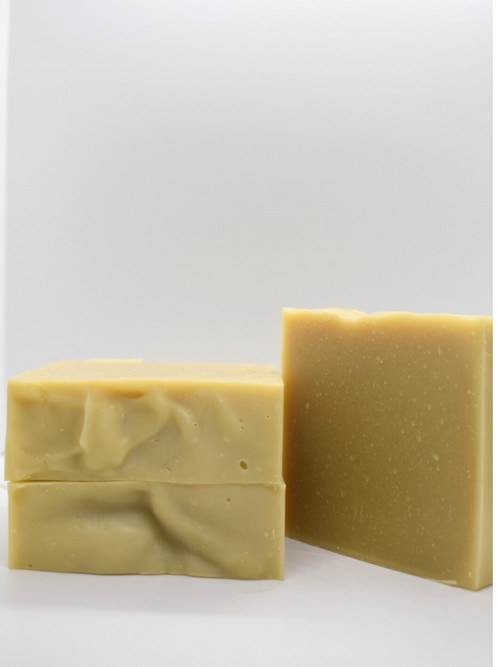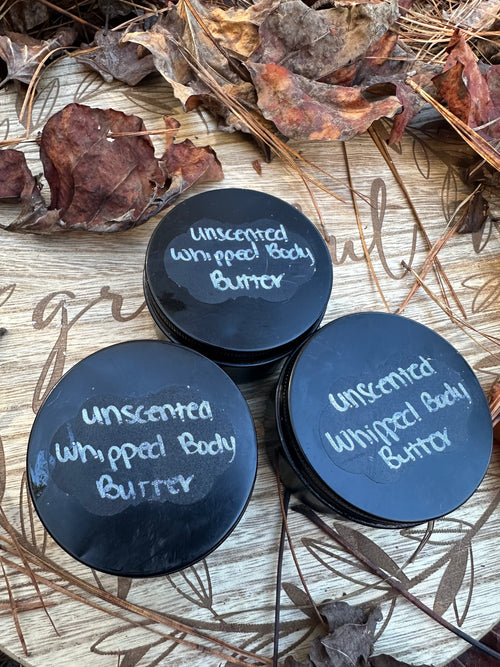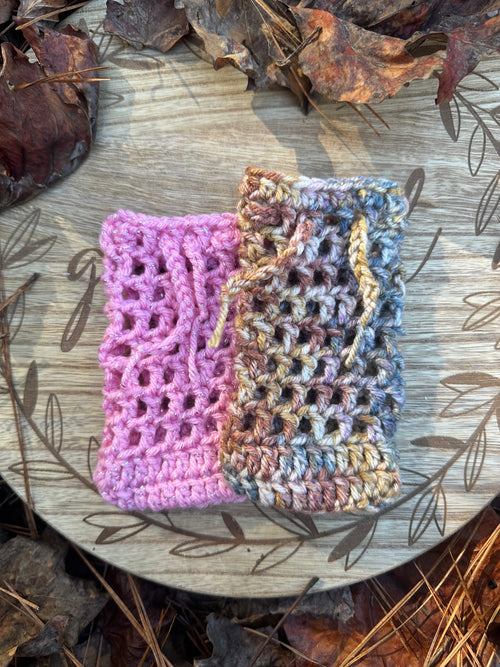In the world of handmade soaps, cold process soap and melt and pour soap are two popular options. While both can be used for cleansing, there are significant differences in quality, ingredients, and benefits. As a cold process soap maker, we know that cold process soap is the better choice for those who value skin health, sustainability, and craftsmanship. In this article, we’ll explain why cold process soap outshines melt and pour soap—and why it’s the superior choice for anyone looking for a high-quality skincare experience.
Cold Process Soap: A Time-Honored Craft
Cold process soap-making is a traditional, hands-on craft that dates back thousands of years. It involves carefully blending oils like olive, coconut, and palm oil with sodium hydroxide (lye) and water to undergo the chemical process of saponification. This slow, precise process creates a hard, gentle bar of soap that takes weeks to fully cure. During the curing process, the soap becomes milder and more moisturizing as excess water evaporates.
In contrast, melt and pour soap is a shortcut method that uses a pre-made base, which is melted down and then customized with colorants, fragrances, and other additives. While this is a faster and more convenient way to make soap, it lacks the depth and quality that cold process soap offers. Moreover, the ingredients used in melt and pour soaps often contain chemical preservatives and detergents, which can be less gentle on the skin.
Cold Process Soap Preserves the Integrity of Natural Ingredients
One of the key advantages of cold process soap is the ability to preserve the natural benefits of oils, butters, and botanicals. When you create cold process soap, you have full control over the ingredients that go into it. Cold process soapmakers often choose high-quality, organic oils, butters, and essential oils to create a soap that is as nourishing and pure as possible. These ingredients remain intact throughout the saponification process, and the resulting soap is rich in antioxidants, vitamins, and fatty acids that benefit the skin.
Melt and pour soap, however, often struggles to preserve the potency of natural ingredients. The pre-made soap base used in melt and pour is typically heated to high temperatures to melt it, which can break down or diminish the effectiveness of delicate ingredients like essential oils, plant extracts, herbal infusions, or other fresh additives. As a result, melt and pour soap may not deliver the full benefits of these natural ingredients. In some cases, the base itself contains synthetic detergents or preservatives that further detract from the soap's natural properties.
Cold Process Soap Is More Nourishing for Your Skin
Cold process soap tends to be much more moisturizing and nourishing than melt and pour soap. The oils and butters used in cold process soap are fully integrated into the final product. They’re not just used to create lather but also to nourish and hydrate the skin. For example, olive oil is rich in antioxidants and can help soothe dry skin, while coconut oil offers deep hydration and helps create a rich lather. Shea butter, often added to cold process soap, is known for its skin-softening and moisturizing properties.
Melt and pour soap, however, is often more drying. Since the soap base is pre-made, it may contain synthetic surfactants that create foam but strip moisture from the skin. In addition, some melt and pour bases can contain high levels of glycerin, which can draw moisture out of the skin, leaving it feeling tight and dry after use.
Better Lather and Longer-Lasting Bars
Cold process soap bars are dense, hard, and long-lasting. Because of the way cold process soap is made, with the oils allowed to saponify and cure over time, it produces a solid bar that lasts longer in the shower or bath. The lather created by cold process soap is often creamier and more luxurious, as it is produced by high-quality oils that contribute to a rich and stable foam.
In contrast, melt and pour soap tends to be softer and dissolves more quickly, especially if it’s exposed to water for long periods. This means you may need to replace melt and pour soap bars more frequently, which can make them a less cost-effective choice in the long run.
A More Eco-Friendly Choice
Cold process soap can be made with a focus on sustainability. By choosing responsibly sourced ingredients, organic oils, and biodegradable additives, you can create a soap that is gentle on both the skin and the environment. Additionally, cold process soap is typically packaged in more eco-friendly materials, reducing plastic waste.
Melt and pour soap, however, is often sold in plastic packaging, and its pre-made base may contain ingredients derived from petrochemicals or synthetic materials, which don’t break down easily in the environment. This makes melt and pour soap less environmentally friendly compared to cold process soap, especially if sustainability is a priority in your lifestyle.
The Art of Cold Process Soap: Customization and Uniqueness
Cold process soap offers a level of creativity and customization that melt and pour soap simply cannot match. As a cold process soap maker, you have the freedom to design every bar of soap with your own unique combinations of oils, fresh ingredients, colors, textures, and fragrances (whether natural or synthetic). Cold process soap can feature swirls, layers, and intricate patterns, turning each bar into a mini work of art.
Melt and pour soap, on the other hand, relies on a pre-made base that limits the ability to control the final product’s texture and quality. While you can add colorants and fragrances, the overall structure of the soap will always be the same. For those looking for a truly personalized soap experience, cold process soap is the way to go.
Cold Process Soap Offers Quality, Sustainability, and Luxury
While melt and pour soap can be a quick and easy solution, it often falls short when it comes to providing the same level of quality, skin benefits, and craftsmanship as cold process soap. Cold process soap offers a luxurious experience, preserving the full benefits of natural ingredients while providing a longer-lasting, eco-friendly, and customizable product. When you choose cold process soap, you’re choosing a soap that not only nurtures your skin but also reflects a commitment to sustainability and artisanal craftsmanship. So, for those who value the integrity of their skincare and the environment, cold process soap is clearly the superior choice.


